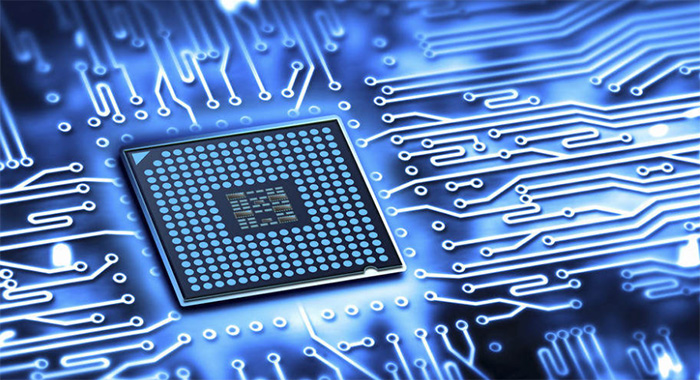
According to Taiwanese media citing iPhone supply chain sources, the iPhone 15, which will be launched in 2023, will become Apple’s first mobile phone to use all self-developed chips. It is reported that Qualcomm’s baseband chip will be completely replaced on the A17 processor. At present, Apple’s 5G baseband chip and supporting IC have been designed and entered the trial production stage. It is expected to debut in the iPhone 15 in 2023 at the earliest. Qualcomm financial officer Akash Palkhiwala also pointed out that the production of Qualcomm 5G baseband chips will be reduced to 20% in the iPhone launched in 2023. In fact, Apple has long planned to develop its own chips. In 2008, it acquired P.A.Semi for $278 million, a team that gathered many elites in the chip industry. However, it was not as good as expected. The reliance on Qualcomm began to change significantly in 2016, when Apple refused to pay Qualcomm up to $1 billion in patent fees.
Head-to-head between Apple and Qualcomm
In 2017, Apple took the lead and sued Qualcomm in the United States and China successively. Apple demanded a refund of the preferential part of the $1 billion patent fee and reduced future patent licensing fees. And then sued Qualcomm on the grounds that Qualcomm violated China's anti-monopoly law. Qualcomm filed a lawsuit alleging that Apple violated the agreement signed by the two parties and violated Qualcomm's patent rights, while banning the sale of some iPhone models in China and the United States. During this period, Qualcomm was also fined 997 million euros by the EU for monopoly. Two years of more than 50 large lawsuits culminated in a settlement in 2019. Said to be a reconciliation, but maybe it's just Apple's slowdown. Although the iPhone still uses Qualcomm's baseband chips on a large scale, Apple's research and development plan has also entered an "underground" mode.
After reconciling with Qualcomm in 2019, Apple acquired Intel's mobile phone baseband chip division for $1 billion and obtained 8,500 cellular patents and connected device patents. After the acquisition, Apple's wireless technology patent portfolio exceeds 17,000, according to Cook.
In 2021, Apple opened a new office in California and recruit engineers for positions including radio frequency chips, RFICs and wireless SoCs. In addition to RF chips, power management chips, screen driver chips, T-series security chips, and 3D somatosensory chips are all within Apple's research and development scope.
Now that Apple is about to get rid of its dependence on Qualcomm, it is expected to have a certain negative impact on Qualcomm's revenue. For mainland suppliers, Sunway Communication is affected, which mainly provides radio frequency devices for Apple, and the next one that may be affected is Nexperia.

